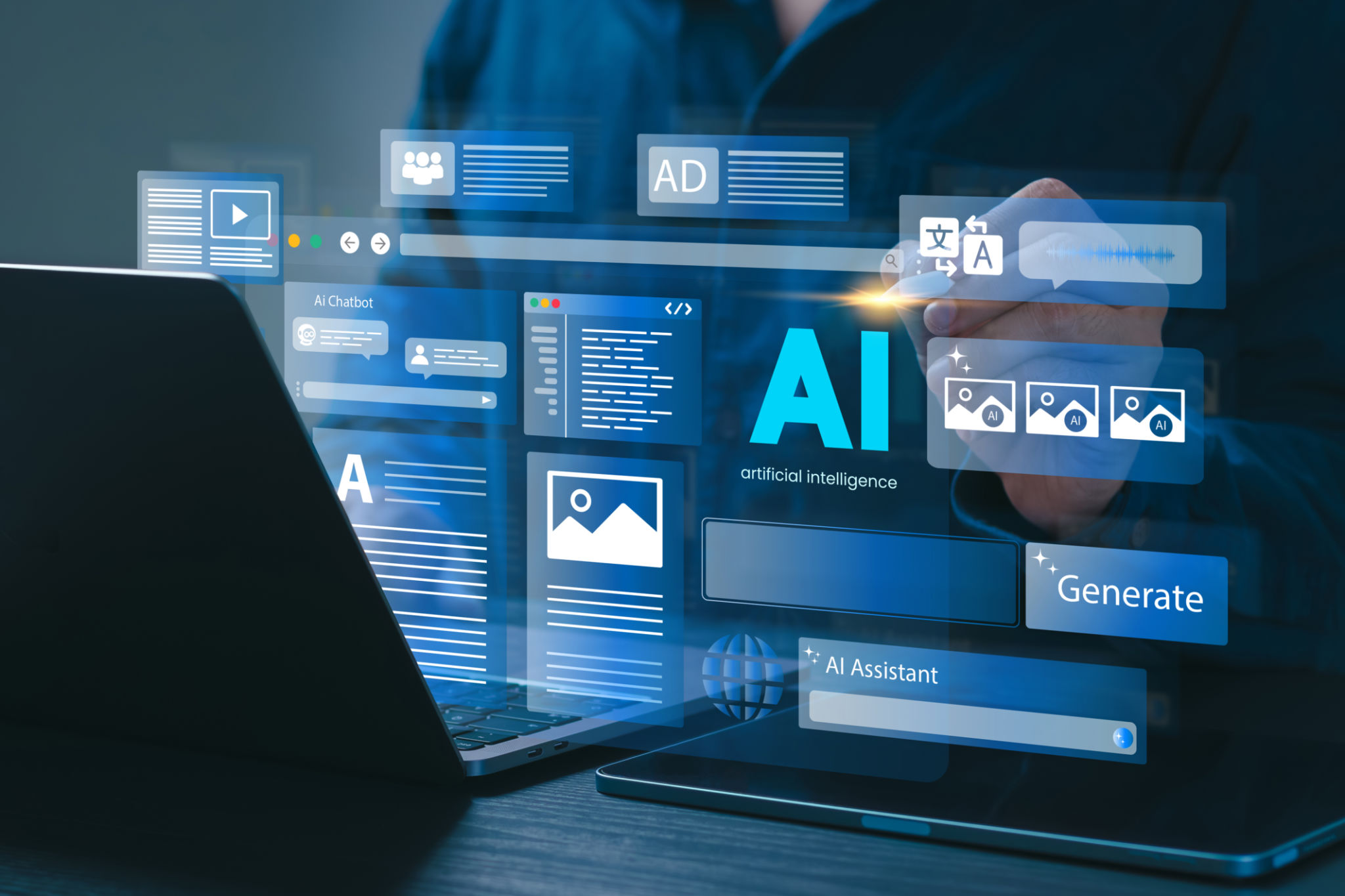AI vs Traditional Content Creation: Which is Right for Your Business?
The Evolution of Content Creation
The digital age has transformed the landscape of content creation. With the emergence of Artificial Intelligence (AI), businesses now have more options than ever before. Traditional content creation methods have been the backbone of marketing strategies for decades, but AI is rapidly gaining ground. So, how do you decide which approach is right for your business?
Understanding the differences between AI and traditional content creation is crucial. While AI offers efficiency and speed, traditional methods bring a human touch that many audiences still value. Let's delve deeper into the pros and cons of each to help you make an informed decision.

Advantages of AI Content Creation
AI-powered tools are revolutionizing content creation by automating processes that previously required significant human effort. Here are some key advantages:
- Speed and Efficiency: AI can generate content quickly, allowing businesses to produce a high volume of material in a short time.
- Cost-Effectiveness: By reducing the need for extensive human resources, AI can significantly cut down on production costs.
- Data-Driven Insights: AI tools can analyze large datasets to tailor content specifically to audience preferences, increasing engagement and effectiveness.
Despite these benefits, it's important to recognize that AI is not a one-size-fits-all solution. The quality of AI-generated content can vary, and it may lack the emotional depth that human creators provide.
The Strengths of Traditional Content Creation
Traditional content creation relies on the creativity and intuition of human writers, designers, and strategists. Here are some advantages:
- Authenticity and Creativity: Human creators can infuse personality and originality into content, making it more relatable and engaging.
- Emotional Connection: Stories crafted by humans often resonate more deeply with audiences, fostering stronger connections and brand loyalty.
- Adaptability: Humans can pivot strategies and adapt to changing trends more effectively than AI.
However, traditional methods can be time-consuming and costly. They require a team of skilled professionals who may not be able to produce content as rapidly as AI tools.

Choosing the Right Approach for Your Business
The decision between AI and traditional content creation depends on several factors unique to your business. Consider the following:
- Your budget and resources: Evaluate what you can afford in terms of time and money.
- Your target audience: Understand whether your audience values speed or creativity more.
- Your content goals: Determine whether you need a high volume of content or high-quality, emotionally engaging pieces.
Many businesses find that a hybrid approach, combining both AI and traditional methods, offers the best results. This allows them to leverage the strengths of each method while mitigating their weaknesses.

Conclusion
In the debate between AI vs. traditional content creation, there is no one-size-fits-all answer. The right choice depends on your business's specific needs and goals. Embracing both approaches may offer the flexibility required to stay competitive in today's dynamic market. As technology continues to evolve, staying informed about new tools and techniques will be essential for maintaining an edge in content marketing.
